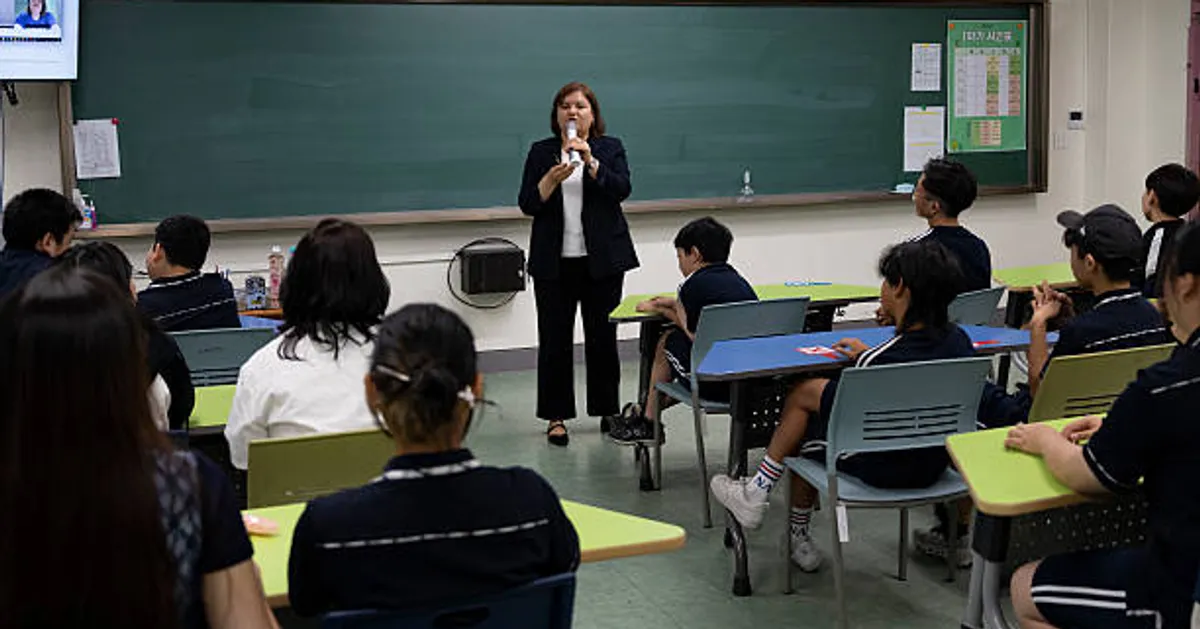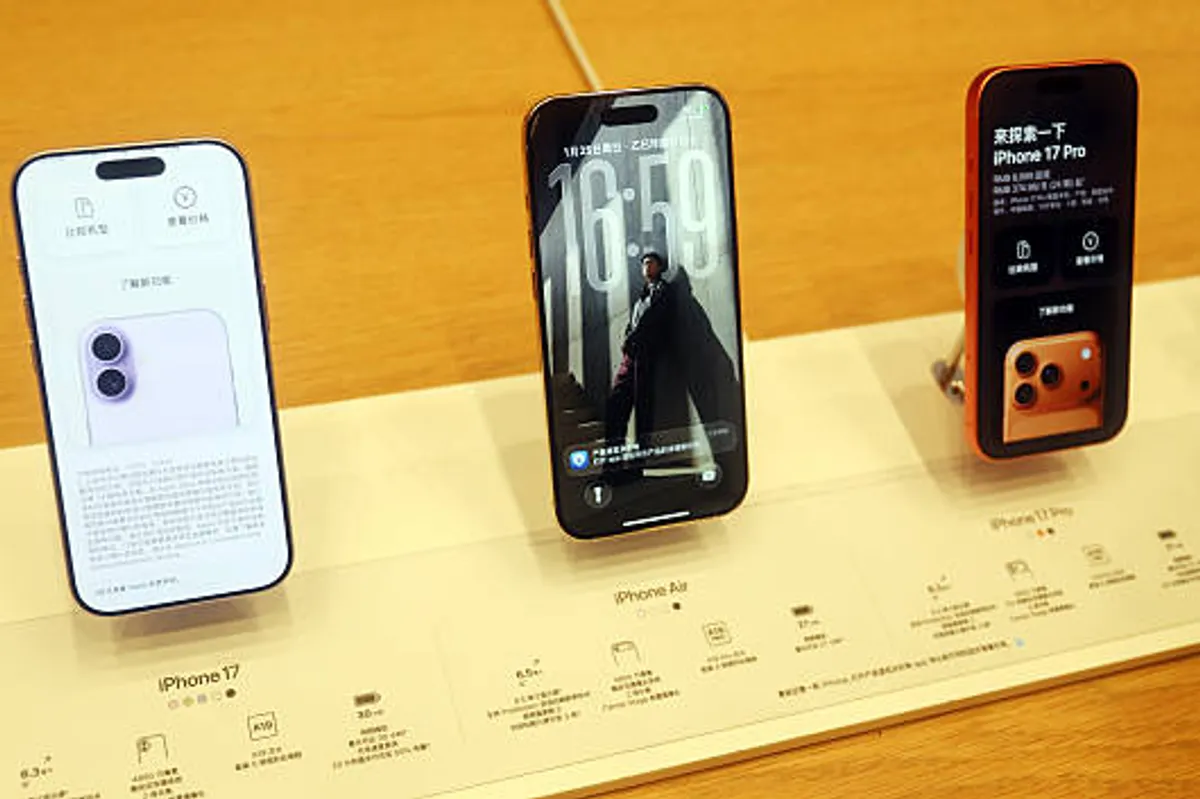South Korea’s Classroom Smartphone Ban: Transforming Education and Tech Use in 2026

GeokHub
2 min read

1.0x
Passed on August 27, 2025, with 115 of 163 votes, the bipartisan bill prohibits mobile phones and smart devices during class hours in all schools. Teachers can restrict phone use on school premises, with exceptions for students with disabilities, educational purposes, and emergencies. Schools must also teach responsible device use, per BBC News.
Why It Happened
- Addiction Concerns: A 2024 survey found 43% of South Korean teens overly dependent on smartphones, nearly double the national average, with 37% saying social media impacts daily life and 22% feeling anxious without access, per Reuters.
- Academic Impact: Teachers report 70% of classroom disruptions stem from phones, with some students reacting aggressively when restricted, per Korean Federation of Teachers’ Association.
- Global Trend: Following bans in Australia, the Netherlands, and France, South Korea aims to enhance focus, as a Dutch study showed improved student concentration post-ban.
Impacts on Education and Tech Use
-
Enhanced Classroom Focus:
- Benefit: Removing phones could reduce distractions, as studies show students lose up to 20 minutes refocusing after notifications, per UNESCO. This may boost academic performance, especially for struggling students.
- Example: A Seoul high school’s pilot ban saw a 15% rise in math scores in 2024.
-
Shift in Tech Use:
- Students may rely more on school-provided devices like tablets for learning, fostering controlled tech integration. For instance, apps like Kahoot could replace social media during breaks.
- Data Point: South Korea, with 98% smartphone ownership, may see a 10% drop in classroom screen time, per Pew Research Center.
-
Challenges and Criticism:
- Students like 18-year-old Seo Min-joon argue the ban won’t reduce overall phone use, as teens still access devices outside class.
- The Korean Teachers and Educational Workers’ Union worries it infringes on students’ rights, citing reliance on apps like KakaoTalk for social connections in a competitive education system.
South Korea’s classroom smartphone ban, effective March 2026, aims to enhance learning and curb addiction but faces skepticism over its scope. By fostering digital literacy and alternative engagement, it could reshape education and tech use.








